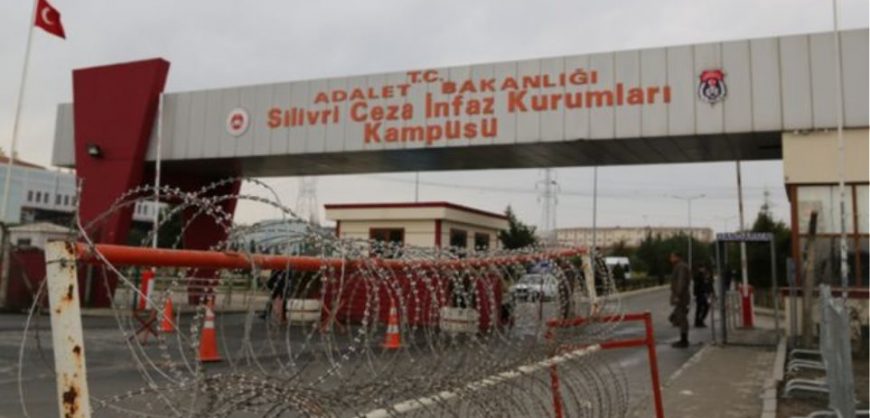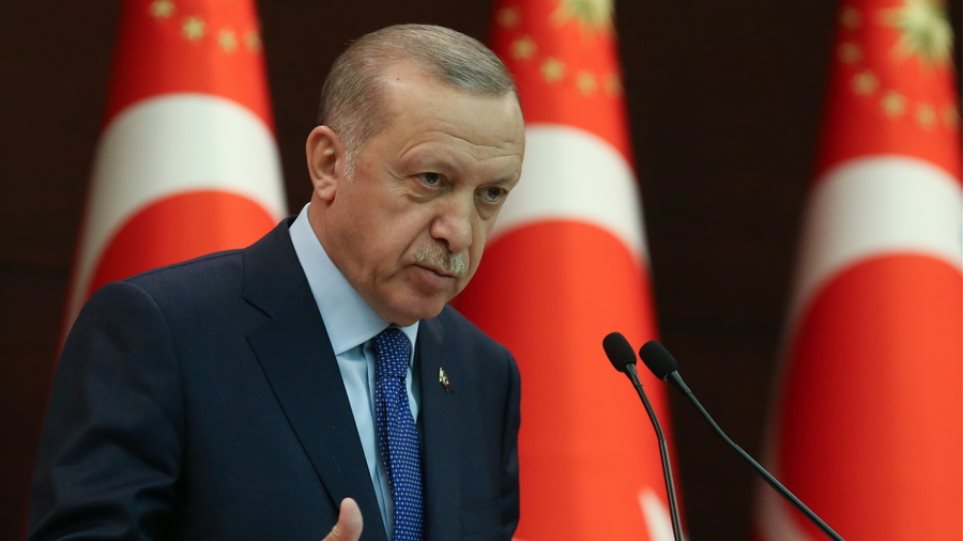As the number of coronavirus cases grow in Turkey, lawmakers are seeking to limit the spread of the disease in the nation’s overcrowded prison system.
As of Wednesday, Turkish health officials reported a total of 15,679 Covid-19 cases and 277 virus-linked deaths in the country, where a virtual lockdown on domestic travel and commerce have disrupted daily life amid the global pandemic.
The Turkish Parliament is now discussing a judicial reform package that would release about a third of the nation’s prison population, but the measures have drawn criticism from rights groups for excluding political prisoners.
“Around 45,000 people will benefit from the temporary and permanent amendments” to the penal code, Cahit Ozkan, deputy parliamentary group leader for the ruling Justice and Development Party (AKP), told reporters Tuesday. He added, “This figure will increase to 90,000 with those that will be put under house arrest.”
The 70-article proposal to amend 11 laws will be reviewed by the parliament’s justice committee on April 2 before being sent to the General Assembly for debate on April 7. Previous versions of the draft law sought to reduce sentences for convicted sex offenders, organized crime members and drug traffickers, but such groups were removed as possible beneficiaries in the latest bill after their inclusion drew sharp condemnation from women’s rights groups.
Greek and Turkish Foreign Ministers “clash” at NATO Summit over Evros crisis
Speaking Tuesday, Turkish Justice Minister Abdulhamit Gul said he expects the proposal to pass. The AKP and allied members of the Nationalist Movement Party prepared the bill and together hold a majority in Turkey’s 600-seat parliament.
The reforms now seek to release minor offenders who have completed at least half their sentence, reducing minimum sentence requirements from two thirds. The measures would apply to inmates jailed for non-premeditated murder as well as convicts over 65 years of age, those with serious illnesses and mothers with young children, though all decisions require approval from a judge. Most of those released would serve out sentences under conditional house arrest.
Rights advocates have criticized lawmakers for not extending the measures to jailed journalists, human rights advocates and politicians such as Selahattin Demirtas and Figen Yuksekdag, former co-chairs of the pro-Kurd Peoples’ Democratic Party, as well as dissidents charged with terrorism-related crimes.



































